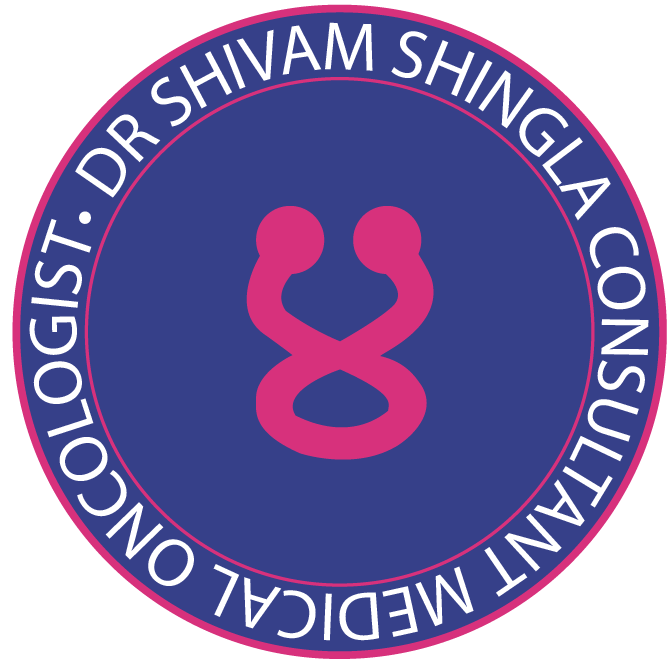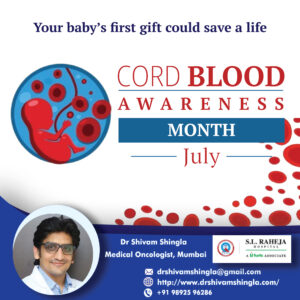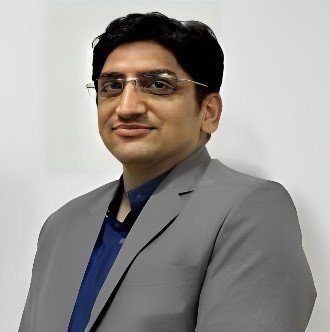As a medical oncologist, World Lung Cancer Day holds significant importance in our ongoing fight against this challenging disease. It serves as a crucial reminder of the multifaceted approach needed to address lung cancer, from understanding its causes and symptoms to advancing treatment options that improve patient outcomes worldwide.
Understanding the Causes of Lung Cancer
Lung cancer develops when abnormal cells in the lungs grow uncontrollably, forming tumors that can interfere with lung function. The primary cause of lung cancer is tobacco smoking, responsible for a vast majority of cases globally. Exposure to secondhand smoke, air pollution, occupational hazards such as asbestos and radon, and genetic factors also contribute to the development of lung cancer.
Recognizing Symptoms
Early detection of lung cancer is often challenging because symptoms may not manifest until the disease has progressed. Common symptoms include persistent cough, chest pain, hoarseness, shortness of breath, unexplained weight loss, and recurrent infections like bronchitis or pneumonia. Recognizing these signs and seeking medical evaluation promptly is crucial for timely diagnosis and treatment.
Advancements in Treatment
Treatment options for lung cancer have evolved significantly, offering tailored approaches based on the type and stage of the disease. Surgery, chemotherapy, radiation therapy, targeted therapy, and immunotherapy are among the mainstays of treatment. Targeted therapies, which identify specific genetic mutations driving cancer growth, and immunotherapy, which harnesses the body’s immune system to fight cancer cells, have shown promising results in improving survival rates and quality of life for patients.
Advocating for Early Detection and Prevention
Early detection through screening programs, such as low-dose computed tomography (LDCT) scans for high-risk individuals, plays a pivotal role in improving lung cancer outcomes. Smoking cessation programs and reducing exposure to environmental carcinogens are critical in preventing lung cancer and reducing its incidence globally. By advocating for comprehensive screening initiatives and promoting smoking cessation efforts, we can reduce the burden of lung cancer and save lives.
Conclusion
On World Lung Cancer Day, let us unite in our commitment to raising awareness, advancing research, and improving care for those affected by lung cancer. Through
continued education, early detection efforts, and innovative treatment approaches, we can make significant strides in reducing the impact of this disease on individuals, families, and communities worldwide.
Together, we can empower patients with knowledge, support advancements in lung cancer treatment, and ultimately strive towards a future where lung cancer is preventable, detectable at early stages, and treatable with effective therapies.





